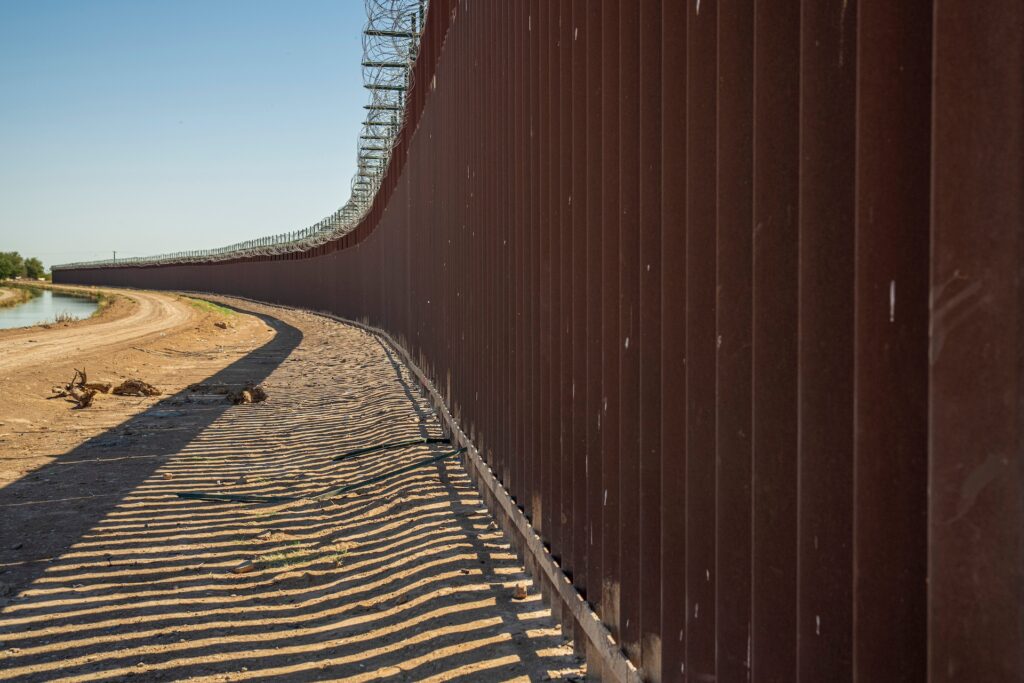(SACRAMENTO, Calif.) — The Human Rights Watch situates itself as an agency that tells the stories of the many injustices happening worldwide. At its core, the organization employs the power of journalism as a vital tool to not only shine a light on injustices, but also to safeguard the rights of those subjected to abuse. It is an instrument for holding those in positions of power accountable for their misdeeds, and, above all, an influential force for driving positive change on a global scale.
In their recent article, “Texas Officials Put Migrants in Danger,” the organization highlights how migrants and asylum seekers attempting to enter the United States have faced physical abuse due to the actions and policies of the Texas Department of Public Safety. The Rio Grande River, serving as a natural border between Mexico and Texas, is intended to prevent illegal entry into the United States.
According to the Human Rights Watch, both minor and adult migrants have endured severe hardships, including heat exhaustion, broken legs, drownings, miscarriages, and even fatalities due to the presence of razor wire along the border. The organization asserts that, under Operation Lone Star, officials placed razor wire in areas of the river where crossing is easier, trapping and injuring some migrants while pushing others to attempt crossing at riskier locations.
At the end of the article, The Human Rights Watch urges officials to put an end to Operation Lone Star, stating that “the Justice Department should promptly and thoroughly investigate and hold to account all federal and state law enforcement agencies involved with the horrific abuses at the Texas-Mexico border. The Texas legislature should hold immediate oversight hearings, and federal funding and cooperation with the deadly operation should end without delay.”
In a departure from traditional journalism’s objective tone, The Human Rights Watch takes on an editorial style in this article. Editorial pieces represent a news publication’s stance on a particular issue, and in this case, The Human Rights Watch’s position is clear: to protect the rights of victims to injustice worldwide.
This organization does go beyond the scope of traditional journalism in relation to ethical objectivity, however, their status as respected journalism should not be diminished due to their advocacy. The Human Rights Watch is ethical in its values to ensure civil liberties to all, and fearlessly takes a stand while reporting the facts about inhumanities across the globe.
In the article, they confirmed the injustices through a reliable source, a trooper medic from the Texas Department of Public Safety. Furthermore, their in-depth reporting also informed readers about the history and current implementation of Operation Lone Star, its adverse impacts, and The Human Rights Watch’s investigative findings highlighting the operation’s failure to slow migration as intended.
The Human Rights Watch unequivocally qualifies as advocacy journalism. Their commitment to thorough reporting serves as a powerful tool to raise awareness and drive meaningful action, particularly in the context of ongoing injustices against migrants and asylum seekers. The Human Rights Watch does not violate journalism ethics with this approach. They, rather, report facts and respond in an editorial format to encourage positive change on issues central to their cause.


